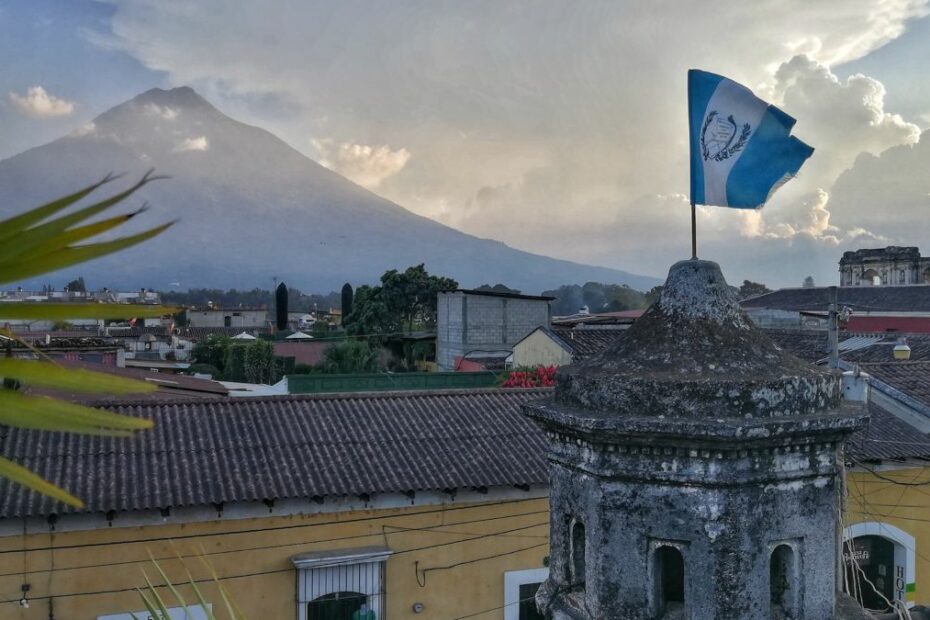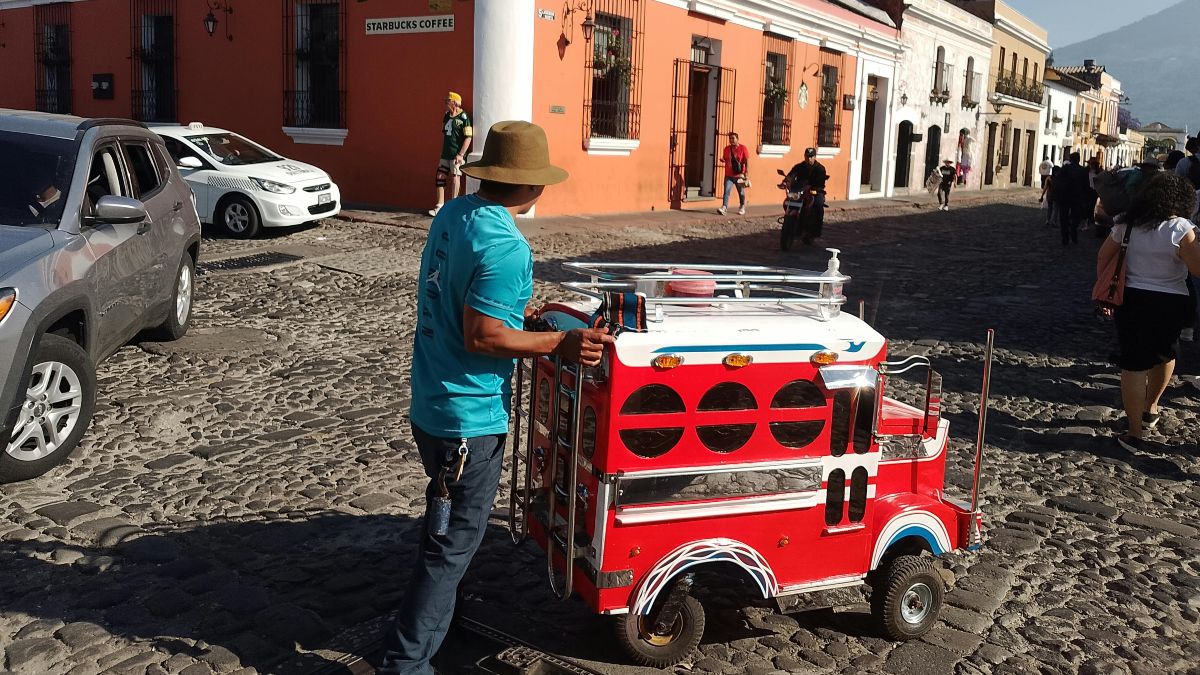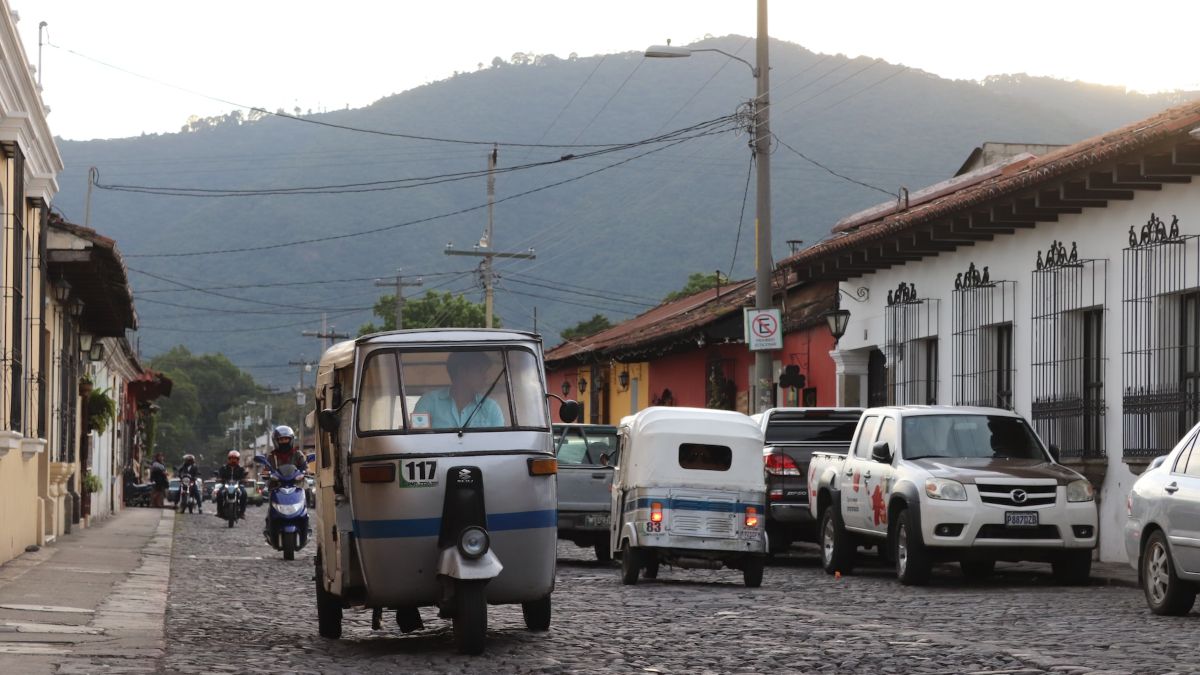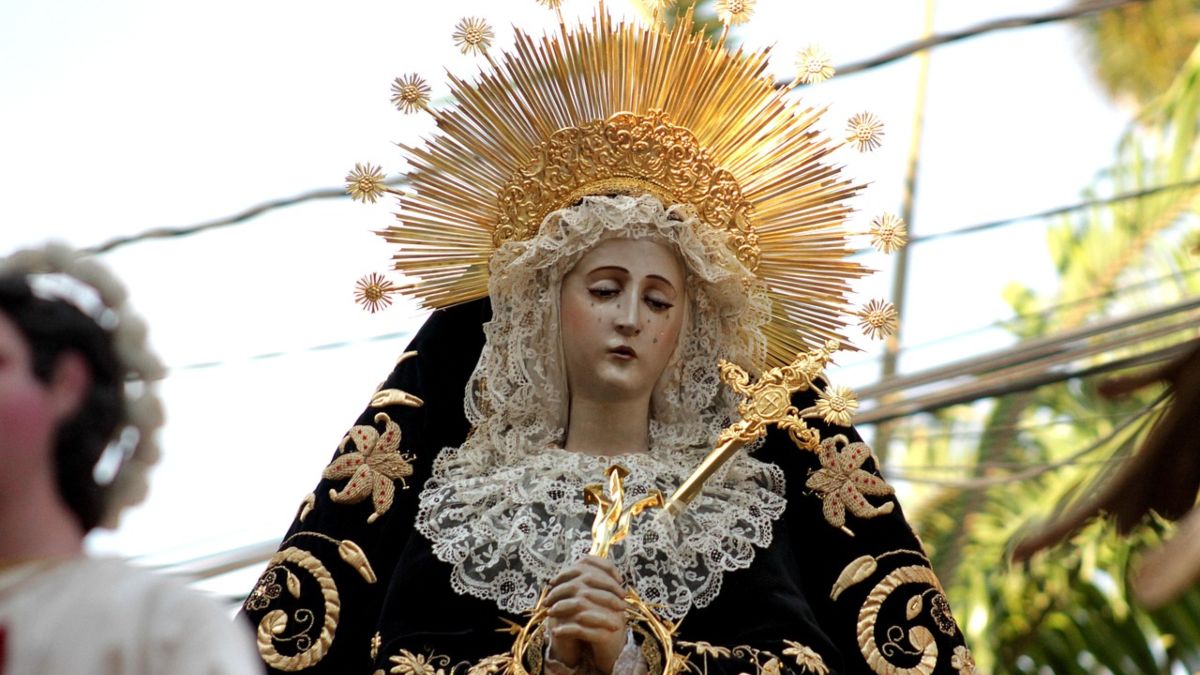Nestor Quixtan explores the upcoming Guatemala Election 2023, a pivotal moment that calls for a reset and promises new paths for the nation’s future.
On June 26, Guatemala votes for a new government. Guatemalans vote every four years for various significant public positions, including the president, vice-president, congress, mayors, and representatives to the Central American Parliament.
Although Guatemala has celebrated uninterrupted elections since 1985, this election cycle feels different. Guatemala appears to be at a crossroads reminiscent of the 1944 election, which brought Juan José Arévalo to power.
Why does the Guatemala Election 2023 feel like 1944?
The 1944 election marked a turning point after 13 years of the Jorge Ubico dictatorship. It paved the way for transformation, with many repressive remnants of Guatemala’s feudal past being left behind.
Ubico assumed power in 1931, consolidating power in the hands of a select few elites, including foreign corporations and landowners, while the majority of Guatemalans lived in poverty.
By the early 1940s, discontent with the Ubico regime was growing. Ongoing repression and electoral irregularities led to Ubico’s overthrow in June 1944. The military junta he established was subsequently overthrown in the “October Revolution” of that year. In December 1944, Guatemala held the first truly democratic elections in its history.
The winner was a teacher named Juan José Arévalo, who campaigned on a platform of social justice and democracy. During his tenure, Arévalo enacted a series of reforms that set Guatemala on a path toward modernization and social change. Ten years later, those reforms were tragically cut short, but that’s another story.
#OnThisDay in 1944 – The Guatemalan Revolution began with a small group of army officers led by Francisco Javier Arana and Jacobo Árbenz launching a coup against dictator Jorge Ubico. pic.twitter.com/E8BdakNviq
— On This Day in History (@OnThisDayIH) October 19, 2022
Looking ahead to 2023, many Guatemalans feel their country needs a reset similar to the one brought about by Arévalo’s 1944 election.
While it’s unfair to compare the outgoing Giammattei administration to the Ubico dictatorship, the Covid pandemic revealed a streak of authoritarianism within the Guatemalan government.
The country implemented some of the strictest lockdowns and mandates in the Americas, but these measures did little to curb the spread of Covid. Instead, they highlighted the value of freedom as a precious commodity in Guatemala.
The result of these measures has been a huge outpouring of immigrants to the United States. And despite the influx of remittances every year, little has changed for the average Guatemalan who has stayed.
Thus, Guatemala now stands at a crossroads.
The current administration has failed to meet expectations. While one could argue that the pandemic devastated the outgoing administration’s economic plan, the mishandled response, coupled with a lack of transparency, has left Guatemalans with a choice between two undesirable options.
Guatemalans must now select from a pool of burned-out political figures, eternal hopefuls, and a handful of first-time candidates seeking to capitalize on their efforts.
Over twenty political organizations have entered the race, with the vast majority having no chance of making any progress. However, it’s important to remember that Guatemalan politics is a marathon more than a sprint.
President Giammattei needed four election cycles to secure victory. Former president Pérez Molina required three cycles, and his predecessor, Álvaro Colom, succeeded on his third attempt. The only exception to this sequence is Jimmy Morales, who won on his first try by branding himself as an “outsider” running on an anti-corruption platform. Unfortunately, his government fell far short of expectations.
The current field includes candidates participating in their fourth election cycle, while others are on their second or third attempt. Simultaneously, some newcomers present themselves as a breath of fresh air for the country. However, they know that achieving success will be difficult.
Guatemala’s June 25 election comes at a tough time for its democracy, given threats to press and anti-corruption efforts.
Voters will pick from 20+ candidates, some of whom pledge Bukele-style security policies. @charrisontweets & I explain in @ASCOAhttps://t.co/sOAloiRZ4l
— Carin Zissis 🥑 (@CarinZissis) May 25, 2023
Since democratic elections resumed in 1985, no candidate has ever won in the initial round.
The ultimate winner has always been decided in a run-off. Therefore, Guatemalan elections are not about winning everything outright in the first round but about securing a place in the run-off.
During the run-off, the two remaining candidates must make deals and garner support and endorsements while accommodating opposing forces in the newly-elected legislative assembly. This is where the real negotiations occur.
The candidates with the most political capital are the ones who emerge as victors. Candidates unable to gather enough support are left behind.
Whoever emerges as the winner will face the challenging task of managing an uncertain economic situation, a significant outflow of migrants, and domestic security issues. Additionally, they will encounter immense pressure to improve essential services like healthcare, transportation, and roads.
The initial round will take place on June 25th, coinciding with Teacher’s Day in Guatemala. This date commemorates a protest in 1944, demanding the resignation of Jorge Ubico. On that day, government forces killed Maria Chinchilla, a 35-year-old teacher. Her murder fueled the protests calling for Ubico’s resignation.
This is one of Guatemala’s most critical elections in its history.
The incoming administration needs to rally its political forces within the country while also hoping for continued support from other friendly nations, most importantly the United States.
The morning of June 26th will mark an interesting date in Guatemalan history. As Guatemala goes, so goes the rest of Central America.
Nestor Quixtan is a Canadian/Guatemalan economist, linguist, and writer. He lives in Guatemala City.




